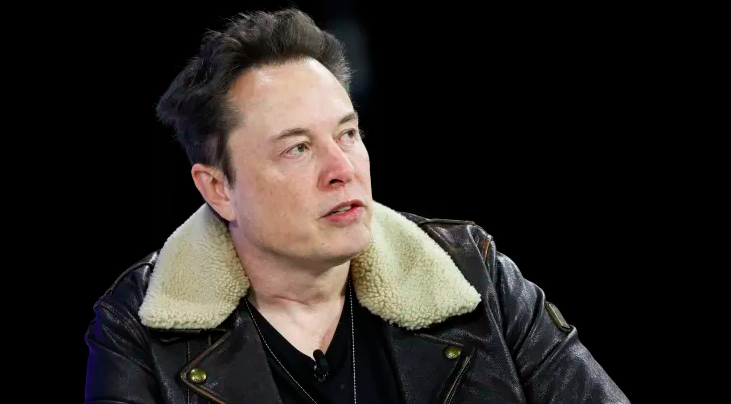A Delaware judge has rendered a significant decision by nullifying Tesla CEO Elon Musk’s colossal $56 billion pay package, emphasizing that the electric car company’s board failed to substantiate the fairness of the compensation plan. Chancellor Kathaleen McCormick, who presided over the case, stated that Tesla’s directors fell short in proving the plan’s equity or presenting compelling evidence of meaningful negotiations with Elon Musk. This ruling introduces the potential scenario of Musk being directed to return the substantial compensation he received under the invalidated plan. The 2018 pay package, regarded as the largest in public corporate history, afforded Musk the opportunity to secure 12 tranches of Tesla stock options contingent on the company’s market capitalization reaching specific milestones.
The decision had an immediate impact on Tesla’s stock price, causing a decline of approximately 3% in after-hours trading. Chancellor McCormick underscored the significance of Musk’s control over Tesla, emphasizing his role as a “Superstar CEO” with substantial equity stake and influential corporate positions. The judge critiqued the negotiation process leading to the board’s approval of the compensation plan, characterizing it as deeply flawed and asserting that Musk, in essence, steered the process. This legal development comes as Musk recently sought increased voting control over Tesla, expressing discomfort with growing the company’s influence in AI and robotics without a commensurate increase in voting control.
Elon Musk, who currently owns about 13% of Tesla’s stock outright, has been a central figure in the company’s success and global recognition. The judge’s ruling casts a spotlight on governance issues within Tesla and raises questions about the independence and effectiveness of the board in negotiating executive compensation. It underscores the challenges faced by companies in balancing the influence of charismatic leaders, like Musk, with effective governance structures that ensure fairness and accountability. The decision may set a precedent for executive compensation scrutiny and governance expectations, especially in cases where the CEO wields considerable influence over the company’s decision-making processes.
As Tesla and Musk’s legal team contemplates potential appeals, the broader implications of this ruling may resonate across the corporate landscape, impacting discussions on executive compensation practices and the role of boards in ensuring transparency and fairness. Additionally, the judge’s emphasis on Musk’s level of control could reignite debates about the concentration of power in the hands of charismatic CEOs and the need for checks and balances to protect shareholders’ interests. This legal development marks a crucial chapter in Elon Musk’s relationship with Tesla and the ongoing discourse on corporate governance within high-profile tech companies. The fallout from this decision may prompt organizations to reevaluate their compensation structures and governance mechanisms to strike a delicate balance between rewarding leadership and safeguarding shareholder value.

